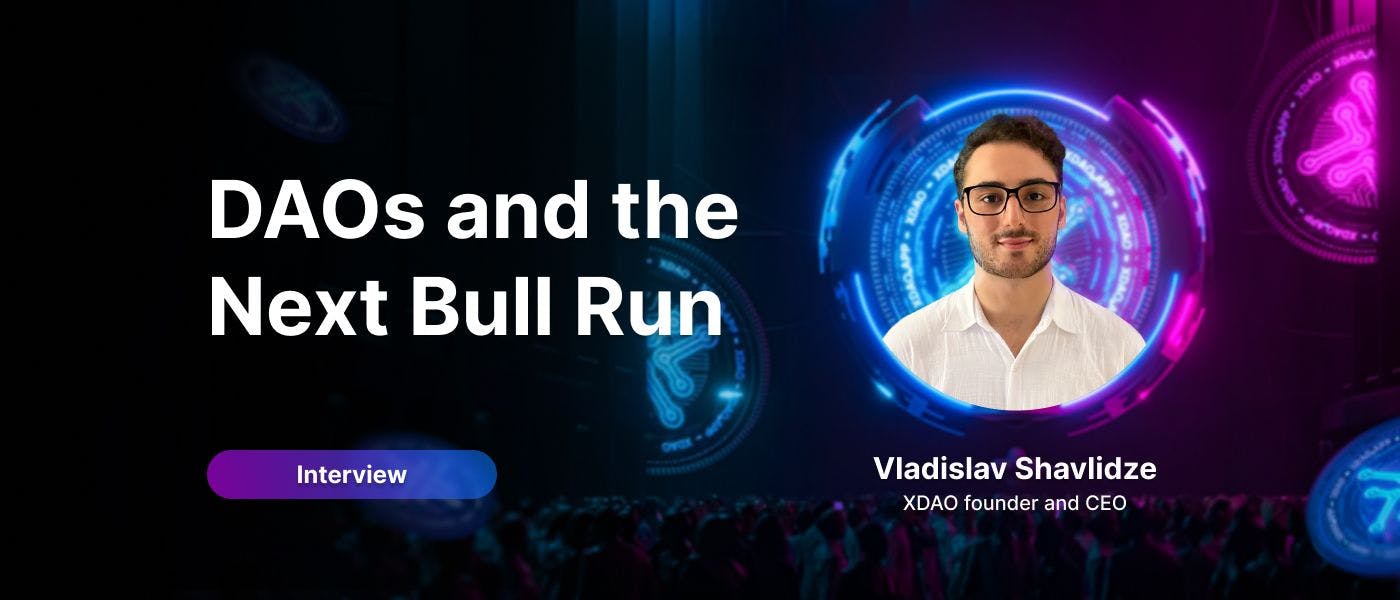236 reads
DAOs and The Next Bull Run
by
February 2nd, 2023
Audio Presented by

Crypto and Blockchain enthusiast and tech writer. DeFi, DAO, P2E, protocols reviews
Story's Credibility

About Author
Crypto and Blockchain enthusiast and tech writer. DeFi, DAO, P2E, protocols reviews
